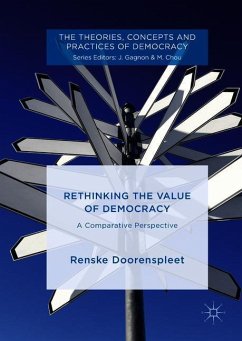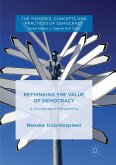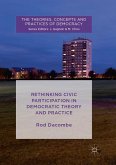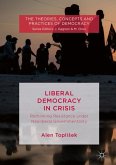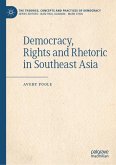This book is the first comprehensive analysis of the instrumental value of democracy in a comparative perspective. Based on extensive analyses of quantitative studies from different disciplines, it explores both the expected beneficial and harmful impact of democracy. Democracy's reputation as delivering peace and development while controlling corruption is an important source of its own legitimacy. Yet, as this book acutely demonstrates, the arguments tend to be normatively driven interventions in ideologically charged policy debates. The book argues that we need neither a utopian framing of democracy as delivering all 'good things' in politics nor a cynical one that emphasizes only the 'dangerous underbelly' of this form of government. The author also raises critical questions about the value of the study of democracy: the choice for particular concepts and measures, the unknown mechanisms, and the narrow focus on specific instrumental values. This volume will be necessary reading for anyone interested in debates on democracy in the contemporary global context.
Bitte wählen Sie Ihr Anliegen aus.
Rechnungen
Retourenschein anfordern
Bestellstatus
Storno

